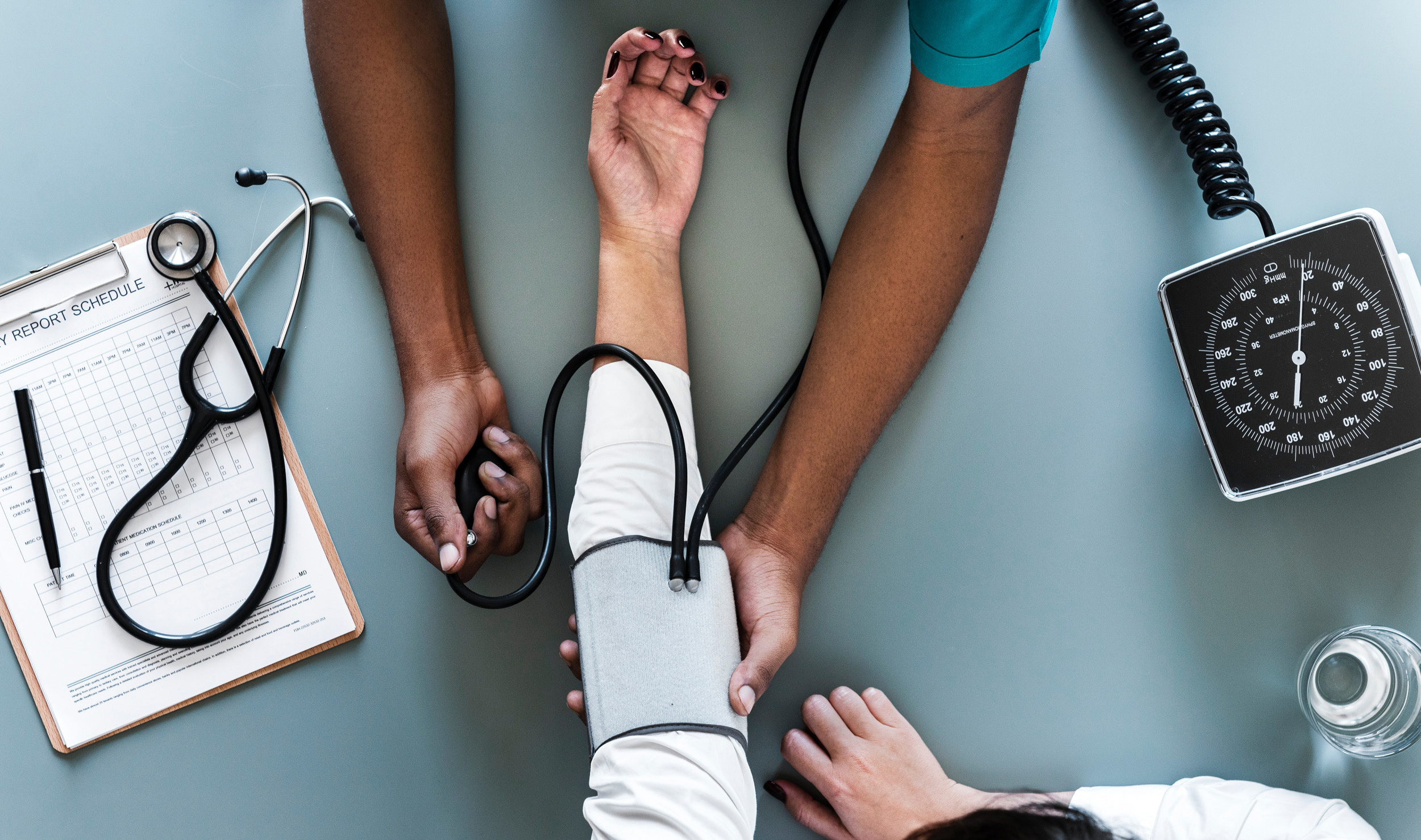Why do people experience high pressure in the morning and how to prevent it? Here’s all you should know about this health issue.
Blood pressure is fluctuating throughout the day — it’s a fact. However, some people suffer from high blood pressure as soon as they wake up. This phenomenon is called “morning hypertension” and it’s very dangerous. Why does it occur, and how it can be prevented?
The main causes of high blood pressure
Many hypertensive patients take medications for pressure. And high numbers of blood pressure in the morning may indicate incorrectly selected groups of drugs or their incorrect dosage.
In particular, hypertension may be caused by a single or combination of factors:
- dose is too low
- taking short or medium duration drugs instead of long-acting drugs
- taking one antihypertensive drug (monotherapy), and not a combination of drugs.
Some patients find that taking drugs before bedtime because it ensures better control of blood pressure. Others divide the medicine into two doses (morning and evening). Third, it is absolutely necessary to radically change the scheme of antihypertensive therapy. In any case, all changes to the treatment regimen should be agreed with the attending physician.

Which diseases increase the risk of morning hypertension?
- High cholesterol
- Cardiovascular diseases
- Sleep apnea syndrome
- Diabetes
- Thyroid disease
- Cushing’s syndrome
- Kidney disease
- Obesity
- Anxiety and stress
Which habits lead to increased pressure in the morning?
- Smoking
- Alcohol abuse
- Eating salty and fatty foods
- Lack of physical activity
- Chronic lack of sleep
- Intermittent night sleep (for example, night shifts at work)
Symptoms of the upcoming problems
At first, a person does not feel morning hypertension, however, there are symptoms that may indicate this pathology:
- redness of the eyes
- redness of the face
- dizziness
- headache
The most accurate diagnostic method for this disease is daily monitoring of blood pressure.
How to prevent it?
As already mentioned, high pressure is a dangerous condition that increases the risk of cardiac issues at times. So how to avoid this ailment? Observe the following principles of a healthy lifestyle:
- Balanced diet low in fat and carbs
- Alcohol intake restriction
- To give up smoking
- Aerobic exercise for 30 minutes every day
- Achieving and maintaining optimal weight with BMI of 18.5 to 24.9
- Stress relief (e.g. Yoga or meditation method)
- Taking drugs for blood pressure as prescribed by a doctor
- Treatment of any root diseases that may result in hypertension
How often do you need to evaluate pressure?
Blood pressure is measured in the morning, after breakfast, and in the evening at the same time. It is recommended to keep records of the measured figures of blood pressure, then to show the doctor to assess the dynamics of the recovery. It must be borne in mind that in the morning the blood pressure is the highest.
Sometimes patients say: “Doctor, I slept well all night, and got up in the morning, and I have high blood pressure — 180/110 mm Hg.” But this is not because the dream was bad — it’s caused by an internal “breakdown” of blood pressure control mechanisms. Most of the strokes and heart attacks happen in the morning. That is why all recommended medications must be taken as soon as a person gets out of bed. Well, if the stomach is unhealthy — immediately after breakfast.
At our disposal there are antihypertensive drugs short — 4–6 hours, medium — 8–12 hours and long-acting — 24 hours, which will be prescribed depending on the level of blood pressure.
Watch your weight
Weight is a crucial factor. It must be firmly understood that being overweight is evil. Every extra 10 kg is an extra 10 mm Hg. Art. tonometer readings. Sometimes we treat a 120-pound man with the most modern methods, but we can’t achieve the result. I tell the sick: take 2 buckets of water and carry. Heavy? Is it not hard for the heart to pump blood for an extra 20–30 kg? Normal weight is height minus 100.
Now, according to new developments, abdominal obesity is also taken into account. This is the deposition of fat at the waist. It has been convincingly proved that a violation of the normal size of the waist leads to diabetes mellitus, and to hypertension, and to atherosclerosis. Normally, in adult men, the waist size should be less than 102 cm, and in women — 88 cm.
No salty food
The second factor contributing to the development of hypertension is the excessive consumption of salty foods. No more than 5 g of table salt should be consumed per day, which is one teaspoon. The habit of “good” salt food is laid in the family, and not at all from the needs of the body.
Give up smoking
Another factor is smoking. A very steady habit. A person does not refuse it until a stroke occurs.
Stay active
Spend at least 30–60 minutes per day to physical activity. It helps to normalize blood pressure and keep weight under control.
Thanks to all these recommendations, you’ll prevent morning hypertension and heart problems caused by it. Stay healthy!



